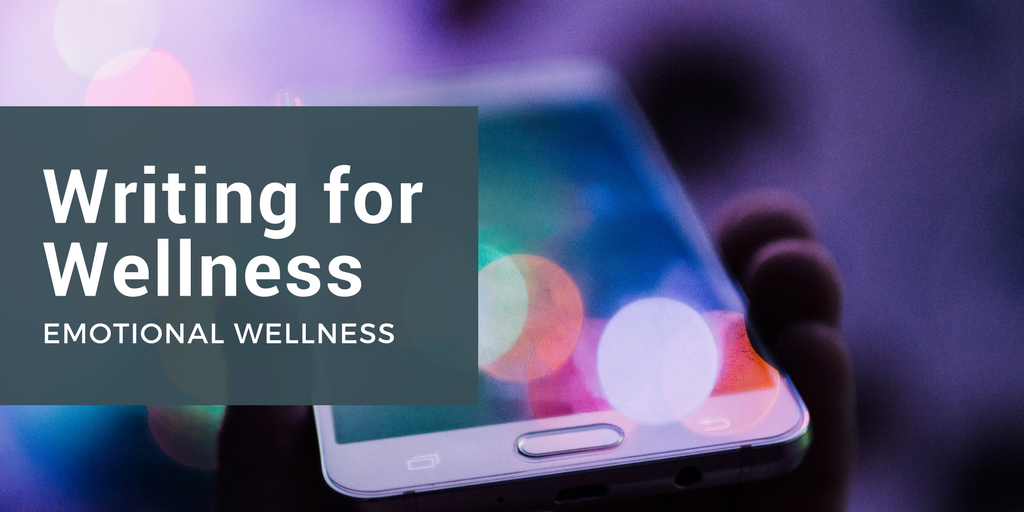May is Mental Health Awareness Month…what a perfect time to blog about emotional wellness! I volunteered to write this blog based on some recent work I’ve been doing both personally and professionally in this area. To start, I’d say that I like to think of myself as a person who is emotionally healthy but, I have to admit that some days it would be hard for me to even play that person on TV. For that reason, I recently made a commitment to myself to focus on my emotional wellness as an integral part of my overall wellness plan. Over the last few years, I’ve read several books, attended a few workshops, done some self-reflection, and tried out a couple of mobile apps. Through all this exploration, I’ve discovered a few tools that really help me gain a little perspective or insight when I’m feeling…let’s say emotionally unwell.
Of the books that I’ve read, my favorite is “The Happiness Track” by Emma Seppälä, Ph.D. Dr. Seppälä is the Science Director at Stanford’s Center for Compassion and Altruism Research and Education, and the Co-Director of Yale’s Center for Emotional Intelligence. I attended a conference where Dr. Seppälä gave the keynote address, and I was an instant groupie. Not only did I really identify with the book’s over-arching message that success is not what makes you happy but being happy will help make you successful, I also appreciated the scientific support behind the message. I highly recommend the book, but you can also gain inspiration from Dr. Seppälä through her blog posts or by following her on Twitter. Her posts are usually good reads and always helpful in keeping me focused on what’s important.
One of my personal takeaways from Dr. Seppälä’s book had to do with self-compassion. I think this is one of the most difficult things to practice when it comes to achieving emotional wellness or happiness. We are our own worst critics, and it is extremely difficult to re-train ourselves to be our own best friend. To this end, I was thrilled when a colleague introduced me to a text messaging application called Shine. It is super easy, and what I would consider non-intrusive. You simply go to their website, sign-up, and voila…you receive a daily, personalized affirmational text message that includes a link to more in-depth information on the topic of the day. And the best part, at least for me, is that if the topic of the affirmation sparks your interest, you can choose to take a deeper dive and read more but you can also choose to just read the affirmation, tuck it away, and carry on with your day. Here are a couple of screenshots as examples:
And finally, my new favorite mobile app, One Moment Meditation (OMM). I attended a pre-conference institute in November that focused on time mastery and Martin Boroson, the creator of OMM, introduced the concept and asked all the participants to use the app once a day for 30 days. After a couple years of dabbling with different kinds of meditation and feeling like a failure (not very self-compassionate, I know), I was thrilled with the simplicity of this app. I used it for the first 30 days, some days more than once, and I’m still using it very regularly. I park my car at the office in the morning and take a moment before I come in to start my day. In the middle of the day when I’m feeling scattered or pulled in several directions at the same time, I close my office door and take a moment. In the evening when I get home from work, I go to my bedroom and take a moment. It really helps me bring my mind back to center and fully focus on what I need to do. I’m still working to establish a longer, more sustained mindfulness practice but while I’m practicing, I can always find a moment and return to being present.
These are a few of things that work for me. There are a lot of tools out there, so keep looking until your find one thing or the combination of tools that support your emotional wellness efforts best.



